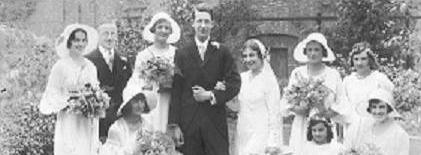 |
| L to R: Alec Baldwin, Jules Feiffer, Robert Caro, East Hampton Library, 2015. Photo by JTMarlin. |
As an investigative reporter for Newsday, Robert Caro wrote why a proposed bridge across Long Island Sound from Rye to Oyster Bay would be a bad idea. It was promoted by Robert Moses, the urban planner. Caro had been convinced his articles would reverse the decision to build the bridge, but the state’s Assembly voted to begin construction. Caro was stunned. He said:
I got in the car and drove home to Long Island, and I kept thinking to myself: ‘Everything you’ve been doing is baloney. You’ve been writing under the belief that power in a democracy comes from the ballot box. But here’s a guy who has never been elected to anything, who has enough power to turn the entire state around, and you don’t have the slightest idea how he got it.
 |
| Caro's latest book, on his work habits. Previewed in The New Yorker. |
Caro keeps a strict routine when writing, like wearing a suit and a tie and keeping the same hours every day. He interviewed LBJ's speechwriter 22 times and lived in Texas for several years while doing research.Rhythm matters. Mood matters. Sense of place matters. All these things we talk about with novels, yet I feel that for history and biography to accomplish what they should accomplish, they have to pay as much attention to these devices as novels do.
Comment: I was introduced to Robert Caro in New York City in 1974 when The Power Broker first came out, I think by Julius C. C. Edelstein, who was a fellow professor when I taught in the CUNY system in the 1970s.
I have met the Caros several times since then at the Authors' Night in East Hampton, where they have a summer home. He has described both of his biographies as investigations into power—how it is acquired and how it is used. He has said: “The power of the historian is the power of the truth, a very basic thing.”
The Guardian published a fine interview with Caro last year that includes his wife Ina. She was Caro's sole research collaborator and recently wrote two books of her own on traveling in France. One of her books describes the palace that Fouquet built; it inspired Alice and me to visit it when we were in France recently.
